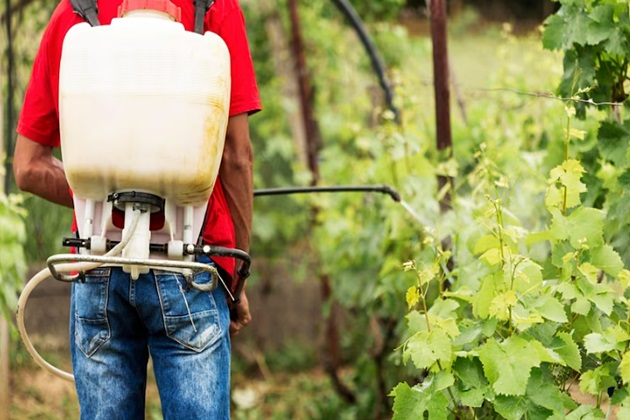990

Austria will vote against the European Commission's proposal to renew the approval of glyphosate, confirmed the country's agriculture ministry, as reported by Euractiv.
After the European Commission submitted its proposal for the ten-year renewal of glyphosate, the most widely used herbicide in the EU, EU countries are now set to decide on the contentious issue.
During the vote scheduled for the October meeting of the EU's Standing Committee on Plants, Animals, Food, and Feed (PAFF), Vienna will vote against the renewal, Austria's agriculture ministry stated on Monday, as confirmed to Euractiv by a ministry spokesperson.
Austria's government is legally obliged to vote against any renewed approval of glyphosate at the European level, following a 2017 decision by the national parliament's EU affairs committee, as the ministry explained. At that time, the Greens, Social Democrats, and the far-right Freedom Party (FPÖ) passed a motion on the matter, which remains binding on the center-right agriculture minister Norbert Totschnig, even though his Austrian People's Party (ÖVP) voted against it at the time.
Meanwhile, the Greens, the current junior partner to the ÖVP in the government, welcomed the ministry's commitment to respect the parliamentary decision and vote against glyphosate renewal.
"Our task now is to ban glyphosate from our fields across Europe. Austria is doing its part," said the party's spokesperson for agricultural policy, Clemens Stammler, in a statement.
Stammler also called on other countries to follow Vienna's lead: "We are in close contact with our Green colleagues in Europe, for example in Germany and the European Parliament," he said.
The European Commission has proposed the renewal of glyphosate approval – a common and controversial herbicide – for a period of ten years with a series of restrictions.
In Germany, Green Agriculture Minister Cem Özdemir said last week for Euractiv that he is making efforts against the re-approval and is lobbying in other countries to do the same. However, he might end up being forced to abstain rather than vote against the Commission's proposal, as the liberals in the government have expressed support for re-approval.
If coalition partners disagree on EU matters, it is common for the German government to abstain.
According to French MEP Pascal Canfin, who is a member of Macron's party, his country will also not vote in favor of the Commission's proposal.
However, the hurdle for EU countries to block the Commission's project is high: ultimately, the regulation can only be formally blocked if a qualified majority of member states actively votes against it.
This means that at least 55% of member states representing at least 65% of the EU population should not only abstain but also actively vote against the Commission's renewal proposal.




